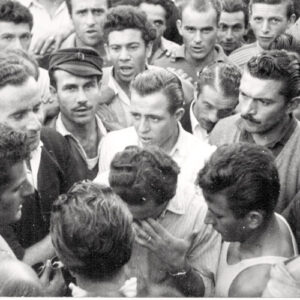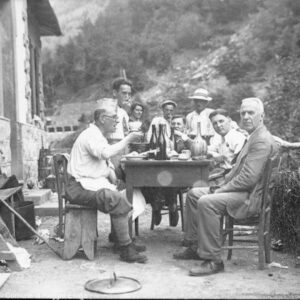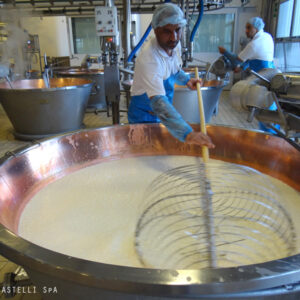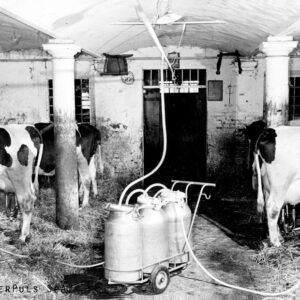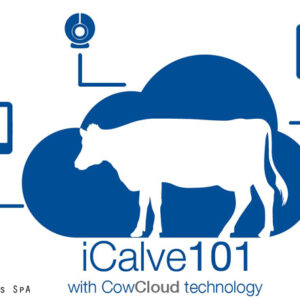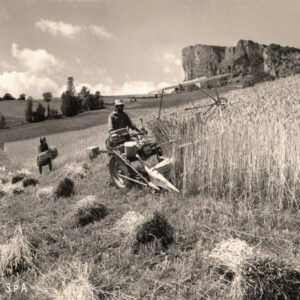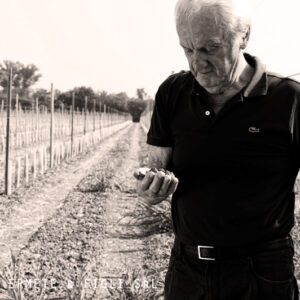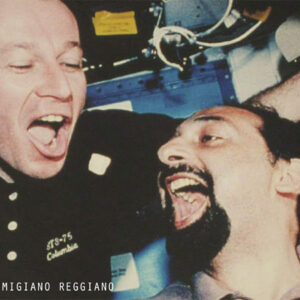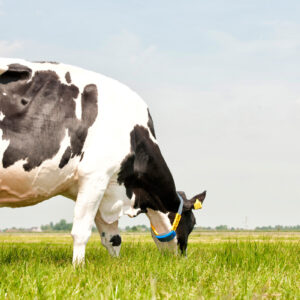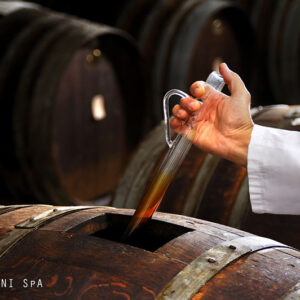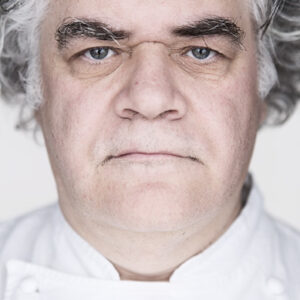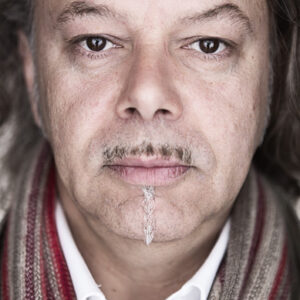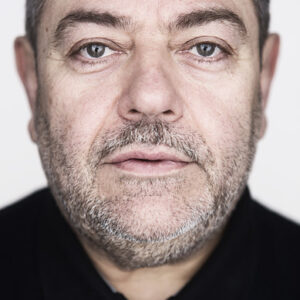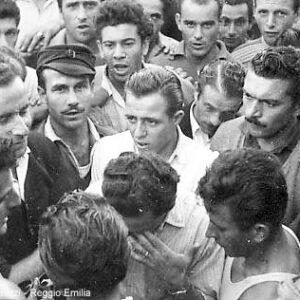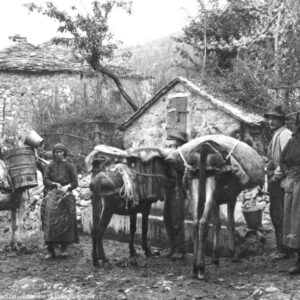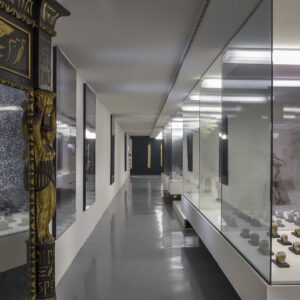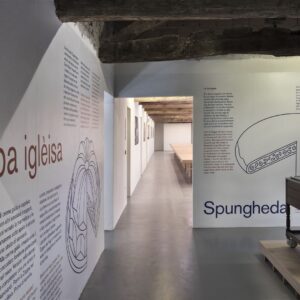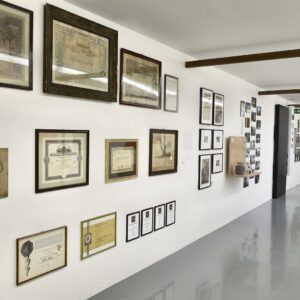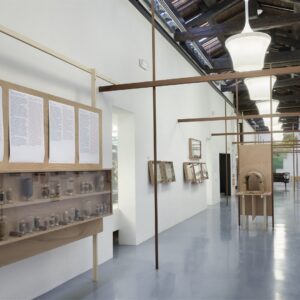NOI
Storie di comunità, idee, prodotti e terre reggiane
Ritratti di un paesaggio
Alberto Tagliavini
61 anni, insegnante all’Istituto d’istruzione superiore Antonio Zanelli e direttore dell’azienda agraria collegata
«L’Istituto Zanelli, una delle prime scuole di agraria, è nato con l’Unità d’Italia, nel 1870, e ha molti meriti. Il White Large per esempio, cioè il maiale più diffuso nel reggiano, è stato introdotto qui da noi dall’Inghilterra. Sempre qui, sono state messe a punto alcune tecniche per la preparazione del Parmigiano Reggiano.
Io insegno allo Zanelli dagli anni 90, la mia materia è Agronomia e Coltivazioni. In questi ultimi 20 anni, abbiamo dato molto spazio all’innovazione e alla ricerca. Abbiamo fatto passi notevolissimi per quel che riguarda la salvaguardia di piante che stavano scomparendo, ma anche nel settore animale. Per esempio, abbiamo ripiantato vecchi vitigni ormai scomparsi: ora ne ricaviamo del vino molto buono, che ha avuto grandi riconoscimenti e il cui ricavato mantiene molte delle nostre attività. O ancora, all’interno dell’istituto è nato il Consorzio di valorizzazione dell’antica razza reggiana, vale a dire della vacca rossa, che produce il latte ideale per il Parmigiano Reggiano. Solo che, visto che ne produce la metà rispetto alle altre razze, la vacca rossa stava scomparendo: noi l’abbiamo riscoperta, l’abbiamo fatta riprodurre e le abbiamo ridato valore economico. Lo stesso stiamo facendo con le cornelle, un’antica razza di pecore del nostro appennino. Tra corsi tecnici, professionali e liceali, infatti, oggi abbiamo 1.200 studenti, non è uno scherzo. Per gestire una realtà così articolata ci vuole una logica aziendale, bisogna per lo meno andare in pareggio, altrimenti si chiude come è successo ad altri. Ma è un rischio che noi non corriamo».
«The Zanelli College is one of the first schools of agriculture, it was founded at the time of the unification of Italy in 1870, and boasts numerous achievements. For example, we introduced the White Large, the most widespread pig breed in the Reggio Emilia province, from England. We have also honed techniques used in the production of Parmigiano Reggiano.
I’ve been teaching Agronomy and Farming at Zanelli since the 90s. During these two decades, we’ve focused on innovation and research. We’ve made huge progress in the protection of plants which were at risk of extinction, but also in animal husbandry. For example, we’ve replanted old grape varieties which were no longer in use: now they produce excellent, acclaimed wines and profits have been used to fund many of our activities. Then there’s the foundation of the Consortium for the valorisation of the ancient Reggio breed, the red cow, which produces the perfect milk for Parmigiano Reggiano. The only problem was that it produced half the milk compared to other breeds and because of this its numbers dwindled on farms: we rediscovered it, bred it and now it has acquired a new economic value. The same can be said of the cornelle, an ancient sheep breed native to our Apennines. Including technical, professional and high school courses, today there are 1200 students, no mean feat. However, the management of such a complex college requires the application of business strategies, if only to break even, otherwise we’d close, which is what has happened to others in the past. But there’s no danger of us suffering a similar fate».
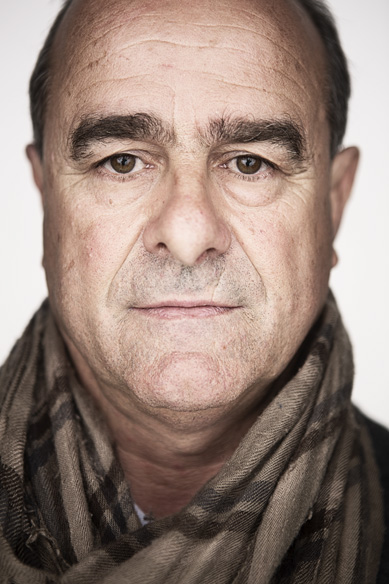
Mostra
temi
Noi governiamo l’acqua
Noi lavoriamo la terra
Noi alleviamo gli animali
Noi costruiamo comunità
Noi produciamo futuro
Noi amiamo mangiare bene
Ritratti di un paesaggio


